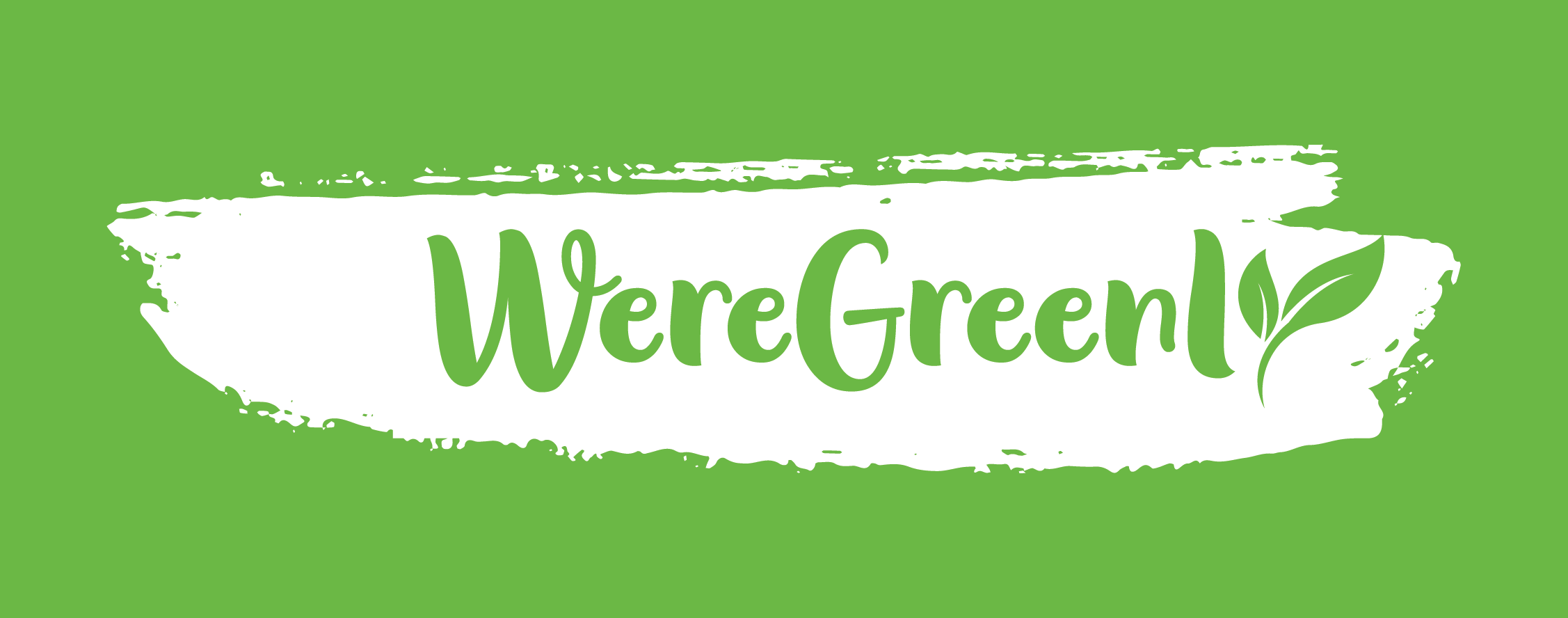Cracking the Code of Sustainable Shopping: Which Bag Is Truly Best?
In an era where environmental consciousness is on the rise, choosing the right shopping bag has become an eco-dilemma. While the consensus often leans towards reusable bags as the ultimate eco-friendly choice, recent studies reveal a more complex reality.

Plastic Bags: Surprisingly Sustainable?
Plastic bags, often vilified for their environmental impact, may have a surprising edge. When it comes to production, they demand the least energy and generate fewer carbon emissions and waste compared to their counterparts. Furthermore, plastic bags can be reused, with some studies assuming at least two uses—one for carrying groceries and another as a trash bag. This extended use significantly improves their sustainability.
However, the Achilles’ heel of plastic bags lies in recycling. These elusive bags tend to escape recycling plants and create havoc in machinery. Few cities offer curbside plastic bag recycling, leaving the responsibility on large retailers. Unrecycled, these bags become persistent litter, posing threats to ecosystems, including marine life, due to their eventual transformation into microplastics.
Paper Bags: A Greener Option?
Paper bags shine in terms of recyclability and biodegradability, making them an appealing choice for eco-conscious shoppers. Yet, their production process is energy-intensive, requiring approximately four times more energy than plastic bags. The chemicals and fertilizers involved further contribute to environmental harm.
To truly offset their environmental impact when compared to plastic bags, paper bags must be reused significantly more—somewhere between three to 43 times, depending on the study. However, their limited durability makes reaching this threshold a challenging feat.
Reusable Bags: The Jury’s Still Out
Reusable bags, crafted from diverse materials, present an array of environmental impacts. Cotton bags, for instance, may need as many as 131 uses to equal the climate change impact of plastic bags. Other materials, like nonwoven polypropylene, require fewer reuses to break even with plastic bag impact.
The catch with reusable bags is that they often sit idle at home, forgotten by shoppers. Nevertheless, their real strength lies in their ability to slash litter on land and in the ocean. Studies demonstrate that banning plastic bags reduces plastic litter in nearby waters.
The Real Sustainability Solution: Reuse
The sustainable choice ultimately hinges on the bag you already have. Whether plastic, paper, or reusable, the key to minimizing environmental impact is maximizing the bag’s lifespan through repeated use. Every study underscores the importance of reusing bags and disposing of them responsibly.

In a world where the eco-friendly shopping bag seems elusive, remember that it’s not just about the bag itself but how you use it. So, next time you’re at the store, consider the impact of your bag, and remember, the greenest choice might be the one that’s already in your hands.
